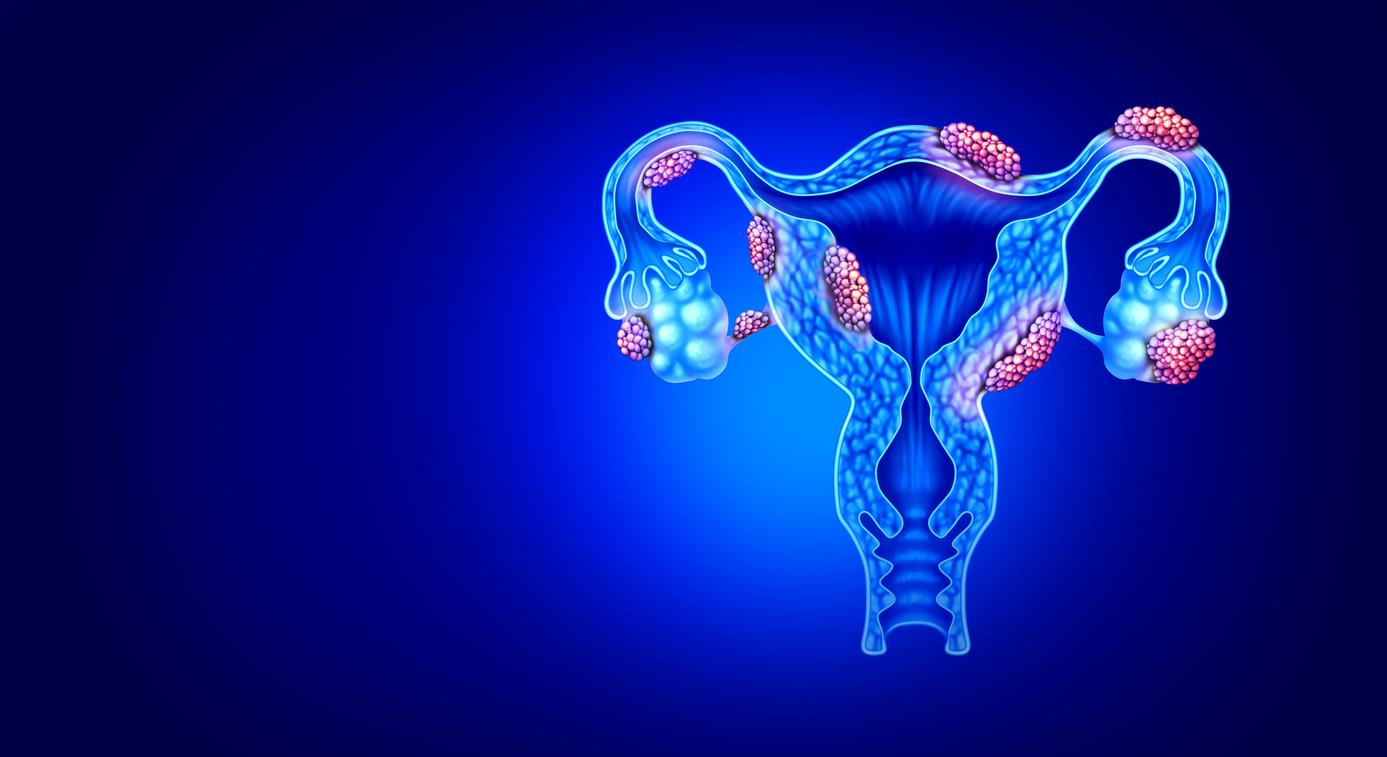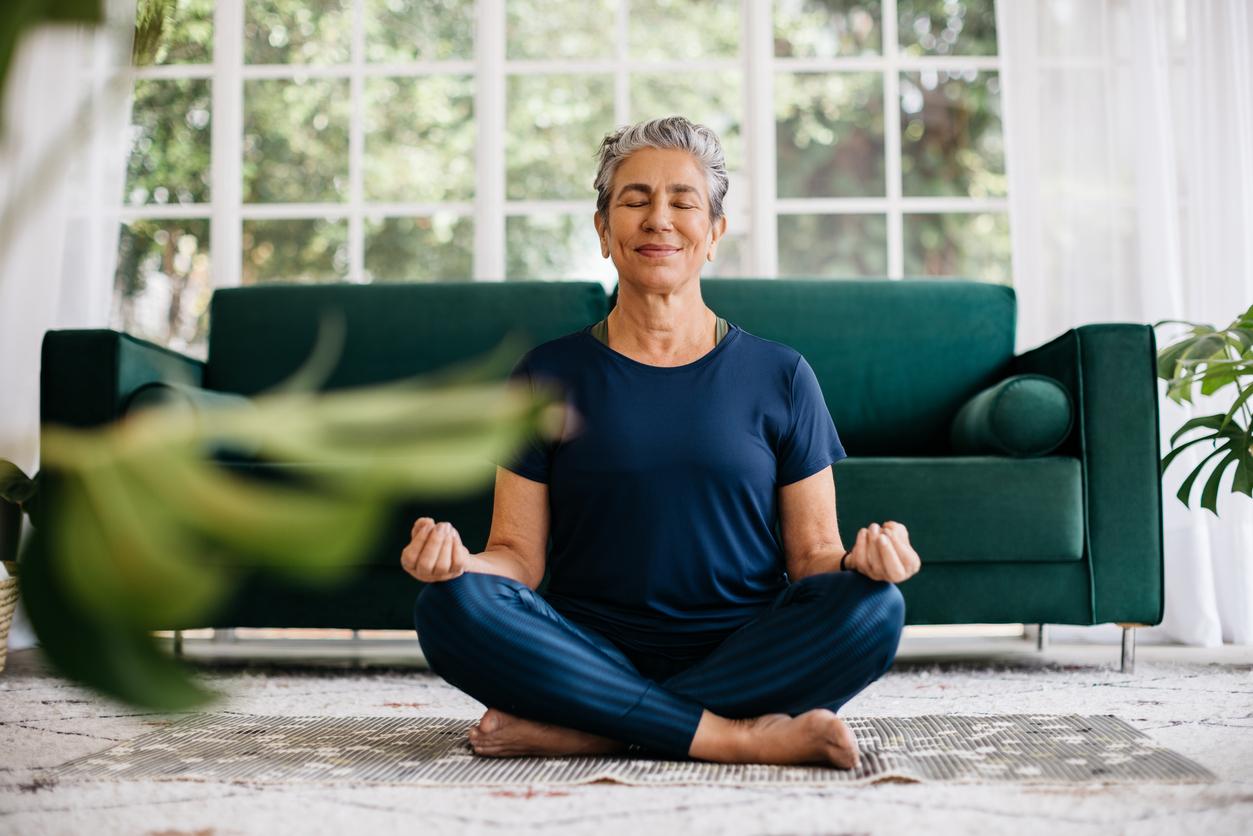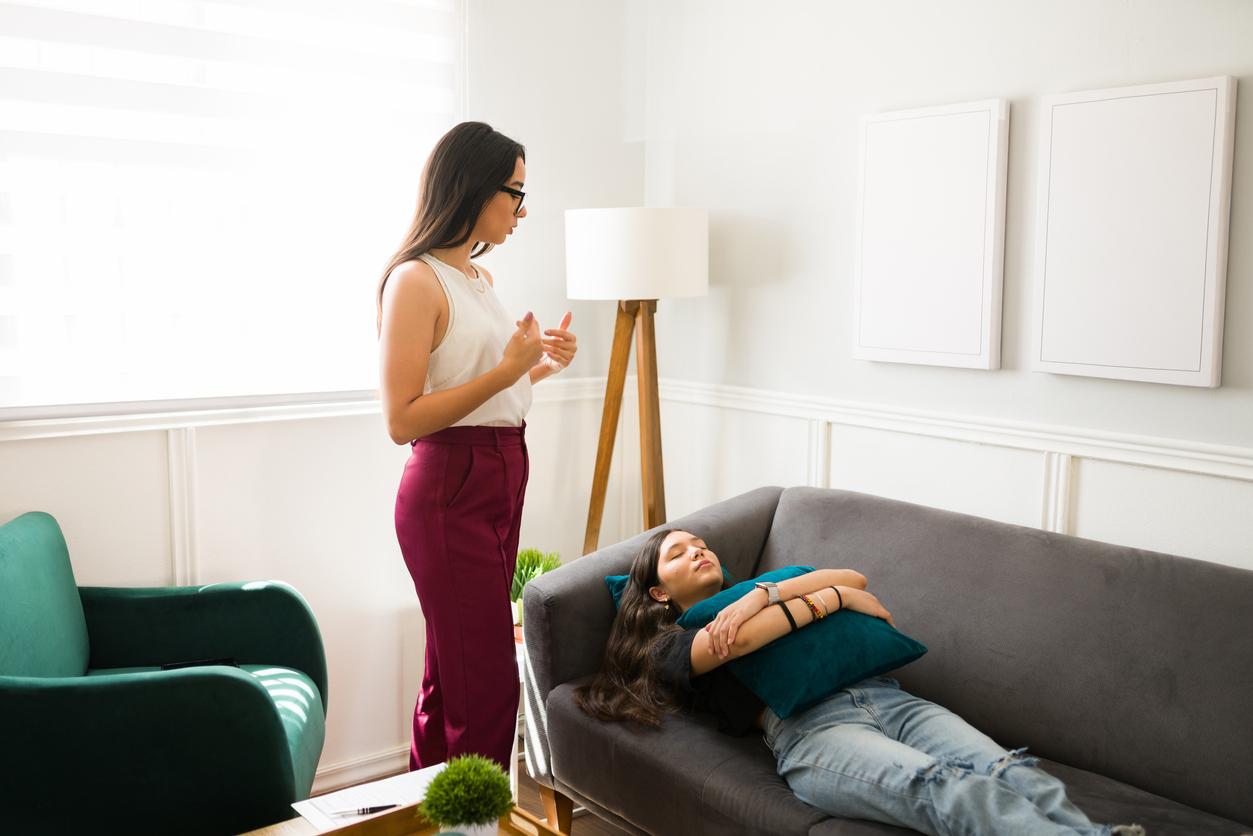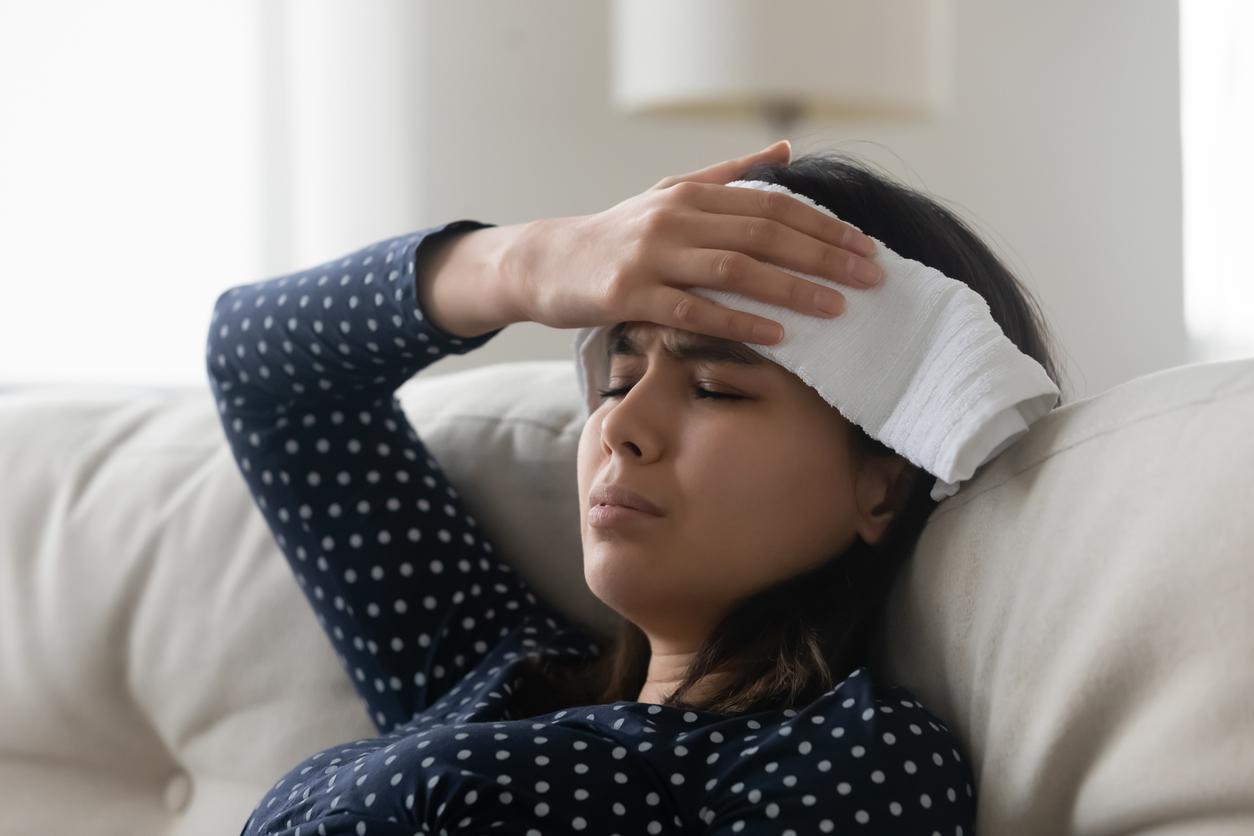October 5, 2007 – Mind-body approaches could be integrated into the care of elderly people with chronic pain, according to the authors of a review of 20 clinical trials1.
Two teachers at the University of Pittsburgh School of Medicine looked at various non-drug techniques to reduce chronic pain in seniors. Their analysis focused on biofeedback, progressive muscle relaxation, meditation, mental imagery, hypnotherapy, tai chi, Qigong and yoga.
They wanted to see if these techniques could be suitable for older people who are more likely to suffer from side effects associated with pain medications (including anti-inflammatory drugs and opiates).
According to their conclusion, body-mind approaches are techniques that have been shown to be relatively effective in reducing various forms of pain. And their safety does not seem to be in doubt.
Their results indicate that in people over 50:
- biofeedback would help relieve low back pain, headache and rheumatic pain;
- muscle relaxation would be effective against headache;
- meditation and hypnosis would help reduce lower back pain;
- mental imagery would improve mobility and decrease symptoms of osteoarthritis;
- tai chi, Qi Gong and yoga would help relieve joint pain and reduce stiffness while improving balance and mobility (preventing falls).
Their analysis did not reveal any adverse effects attributable to either of these interventions. According to the authors of the study, all of these approaches can be easily adapted to seniors and thus improve their quality of life.
Pierre Lefrançois – PasseportSanté.net
According to CBC.
1. Morone NE, Greco CM. Mind-body interventions for chronic pain in older adults: a structured review. Pain Med. 2007 May-Jun; 8 (4): 359-75.

















